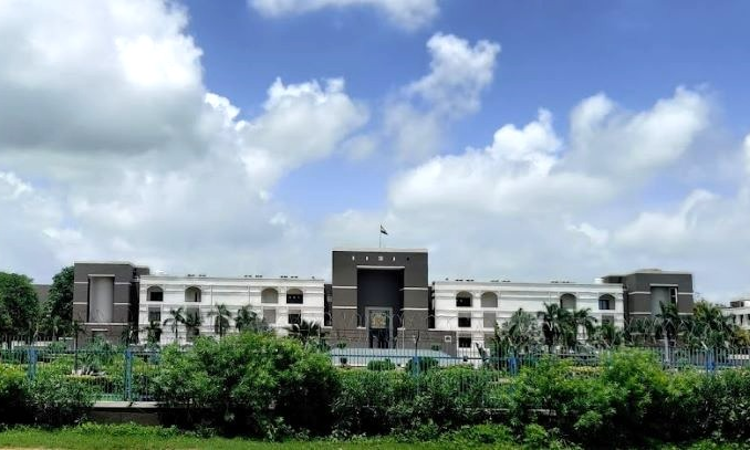Successive FIRs: Gujarat High Court Explains 'Test of Sameness' & 'Test of Consequence'
PRIYANKA PREET
1 Feb 2022 8:36 PM IST

Next Story
1 Feb 2022 8:36 PM IST
The Gujarat High Court recently delved into the 'Test of Sameness' and the 'Test of Consequence' that are relevant while determining the legality of a 'second FIR'.Second FIR or successive FIR in respect of the same incident or crime is not permissible in law. However, to determine whether the second impugned FIR is based on the same offence and arises out of a different transaction, the...
